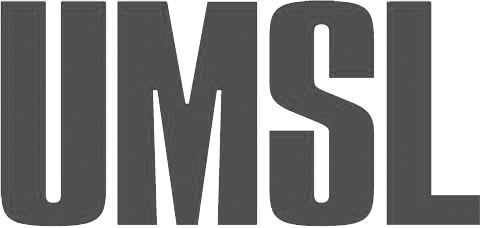Diego Abente, President, International Institute Community Development Corporation
The United Nations High Commission on Refugees estimates that more than 70 million people are currently forcibly displaced. Today, there are 25.9 million refugees (up from 22.5 million in 2016) who have fled their homelands due to a well-founded fear of persecution; are vetted; and have, in some cases, waited decades for a bona fide resettlement opportunity.
In 2016, the White House administration, recognizing the unprecedented global humanitarian crises the world faced, increased the refugee resettlement ceiling to 115,000. Many of the folks who arrived in the U.S. thanks to this increase are now contributing to our economy as loyal employees and budding entrepreneurs, and helping our communities grow stronger as engaged neighbors and close friends.
The refugee crisis is on a world-wide scale, but the contributions refugees make are local and significant. The International Institute of St. Louis, our region’s leading refugee resettlement organization, has helped more than 24,000 families restart their lives here. These proud new Americans are doing their part to move our region forward and helping our community thrive. They are exemplary entrepreneurs, hardworking employees, professors, doctors, and community members. They strengthen our neighborhoods and make St. Louis a better place to live. Data from the St. Louis Regional Chamber shows that the 600 refugee and immigrant-owned businesses we have helped to start or expand since 1999 have contributed to more than $180 million in positive regional economic impact. In addition, in 2017 alone, refugee job placements by the International Institute resulted in $45 million in labor income and $250 million in economic output.
Unfortunately, these important contributions appear to have been overlooked by the current White House administration, which reduced the annual refugee resettlement cap to 45,000 in 2018 and to 30,000 in 2019. These cuts in resettlement numbers have put the lives of thousands of vulnerable people around the world at risk, including religious and ethnic minorities, Afghan and Iraqi allies, and victims of torture.
The administration is now in the process of setting refugee admissions for 2020 and early reports suggest the administration will propose effectively ending the refugee program by setting the number of refugees admitted to zero.
This is a mistake. Refugees share with us the most important of our cultural values: love of country and family; hope for a better life for our children; desire for a home and a community where we can grow up free and safe. Supporting the refugee program strengthens these values and secures America for future generations.
The International Institute stands strong with other resettlement agencies across the nation, elected officials, and concerned community members in opposition to any further reductions in refugee resettlement. We urge the administration to set a robust resettlement goal. Our economy is strengthened by the presence of refugee communities. Our neighborhoods are more vibrant and resilient when many stories, perspectives, and life experiences are gathered around our shared tables. Our national security is heightened by honoring our international obligations. Our foreign policy options are broadened with resettlement as a tool. The ceiling for refugee admissions should be raised.
We hope that St. Louisans will raise their voices for the voiceless and advocate for the preservation of the U.S.'s time-tested humanitarian refugee resettlement program.
***
Diego Abente is Vice President of Economic Development of the International Institute and President of the International Institute CDC. In his capacities with the Institute he plans, monitors and evaluates the agency’s economic development services, including a micro-lending fund, small business development, Individual Development Accounts, and an urban farm.
Diego also leads the International Institute Business Solutions Center (IIBSC), which provides interpretation and translation services, as well as cultural competency trainings. Diego regularly speaks to and trains community members in the corporate, non-profit, and government space to identify, learn from, and leverage the rich cultural diversity of our society.
Diego has a degree in Law, a Masters in Governance and International Development, and an Executive Masters in Business Administration from Washington University in St. Louis. Prior to joining IISTL, he spent several years managing non-profit programs in Africa and Washington D.C.
***
Articles in “From the Field” represent the opinions of the author only and do not represent the views of the Community Builders Network of Metro St. Louis or the University of Missouri-St. Louis.
We invite readers to contribute to the civic conversation about community development in St. Louis by writing an op-ed for the Community Builders Exchange. Op-eds should be short (400-700 words) and provocative. If you have an idea for an op-ed, contact Jenny Connelly-Bowen at jenny@communitybuildersstl.org.







